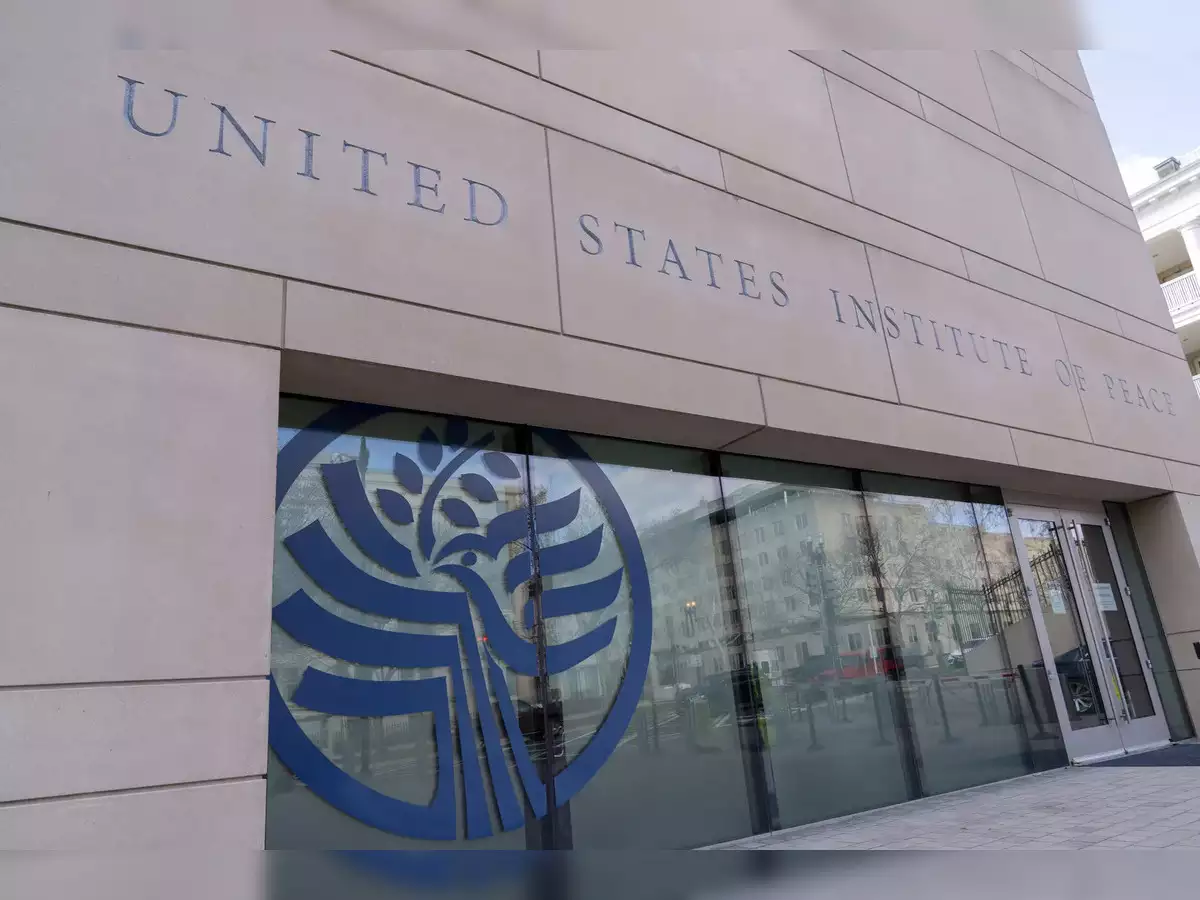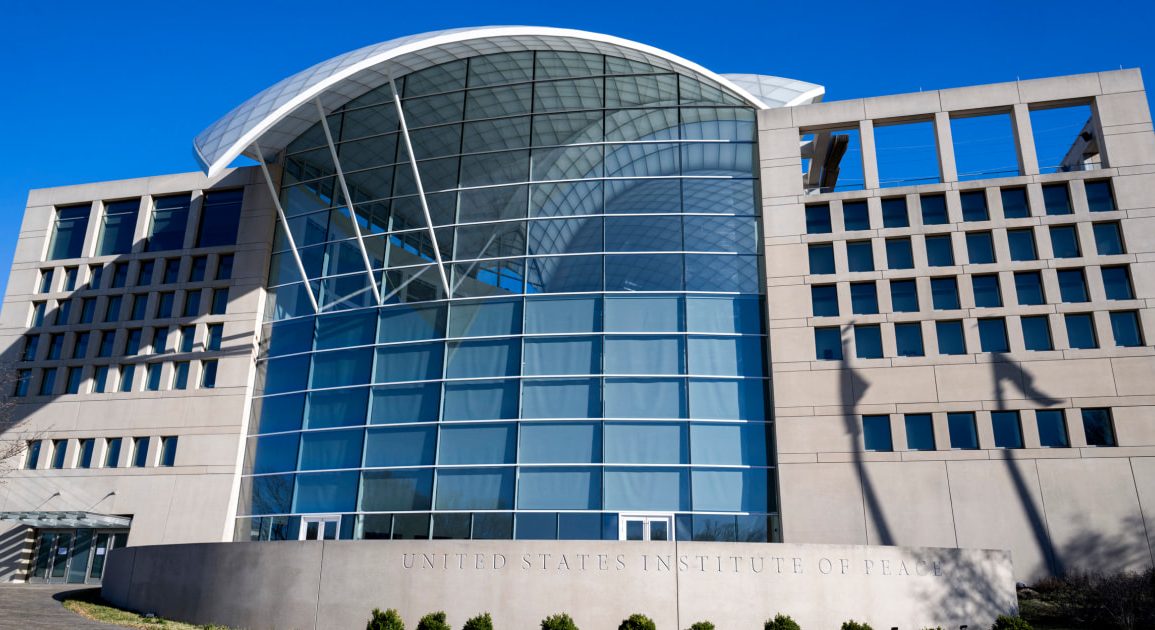Nearly all employees of the U.S. Institute of Peace (USIP) received formal termination notices on Friday evening, effective immediately, according to sources familiar with the matter who spoke to NBC News.
This move effectively ends the employment of nearly everyone at the USIP headquarters on Constitution Avenue in Washington, D.C.
A small number of employees are expected to remain, including senior officials tasked with overseeing the closure of overseas offices and certain human resources personnel. However, all remaining staff members are also expected to be ultimately terminated.
The decision comes just weeks after U.S. District Judge Beryl Howell criticized the Department of Government Efficiency (DOGE), led by tech mogul Elon Musk, for the aggressive manner in which it entered the USIP building with armed law enforcement officers earlier this month.
Howell’s remarks were made as she denied USIP representatives a temporary restraining order against the Trump administration. The lawsuit, filed by several USIP staffers, aimed to prevent DOGE from dismantling the institute and sought to reinstate leaders who had been removed and replaced.
In her ruling, Howell acknowledged the complexity of USIP’s status, noting that it is “a very complicated entity” because it is not a federal agency but rather a nonprofit organization funded by Congress.
“I am very offended by how DOGE has operated at the institute and treated American citizens trying to do a job that they were statutorily tasked to do,” Howell stated. “But that concern about how this has gone down is not one that can sway me in the factors of a TRO.”

On Saturday night, George M. Foote, outside general counsel for USIP, condemned the terminations in a statement, calling them “unconscionable and deeply troubling.”
“The dismissal of U.S. Institute of Peace employees in the dark of night is unconscionable and deeply troubling. The Institute’s employees are fiercely dedicated to their important work, and they don’t deserve to be treated with such disrespect.”
Foote added: “This action only adds urgency to the complaint that has been filed to halt and reverse the Administration’s unlawful attempt to dismantle the Institute. We will continue to press this matter in court, where we are confident we will prevail.”
The lawsuit also seeks to reinstate USIP’s former board members, whom President Donald Trump replaced with Secretary of State Marco Rubio, Defense Secretary Pete Hegseth, and others in the lead-up to DOGE’s attempted takeover.
As part of its defense, the government argued that the plaintiffs lack standing to sue, as they were removed from their board and leadership positions at USIP and replaced.
“The former acting president [of USIP], Mr. George E. Moose, no longer has any authority to [file a lawsuit]. Whether Moose’s removal was proper, or not, is not at issue in this suit as Moose is not a party, and no plaintiff purports to assert claims based on supposed injuries to him,” the government wrote in its argument against granting a temporary restraining order.


